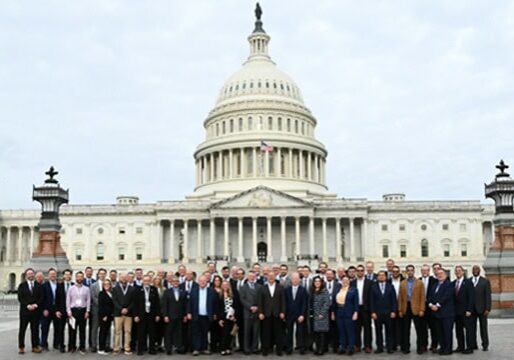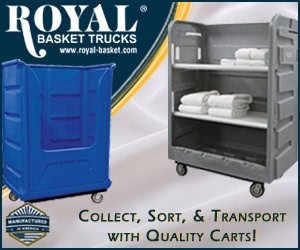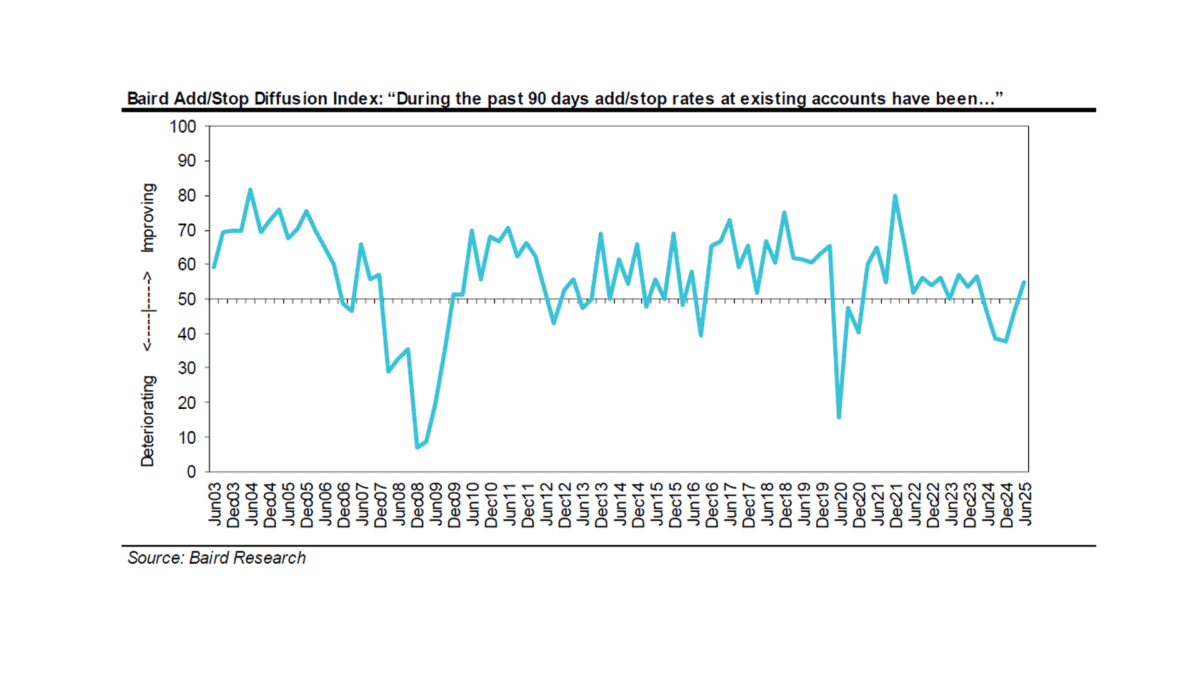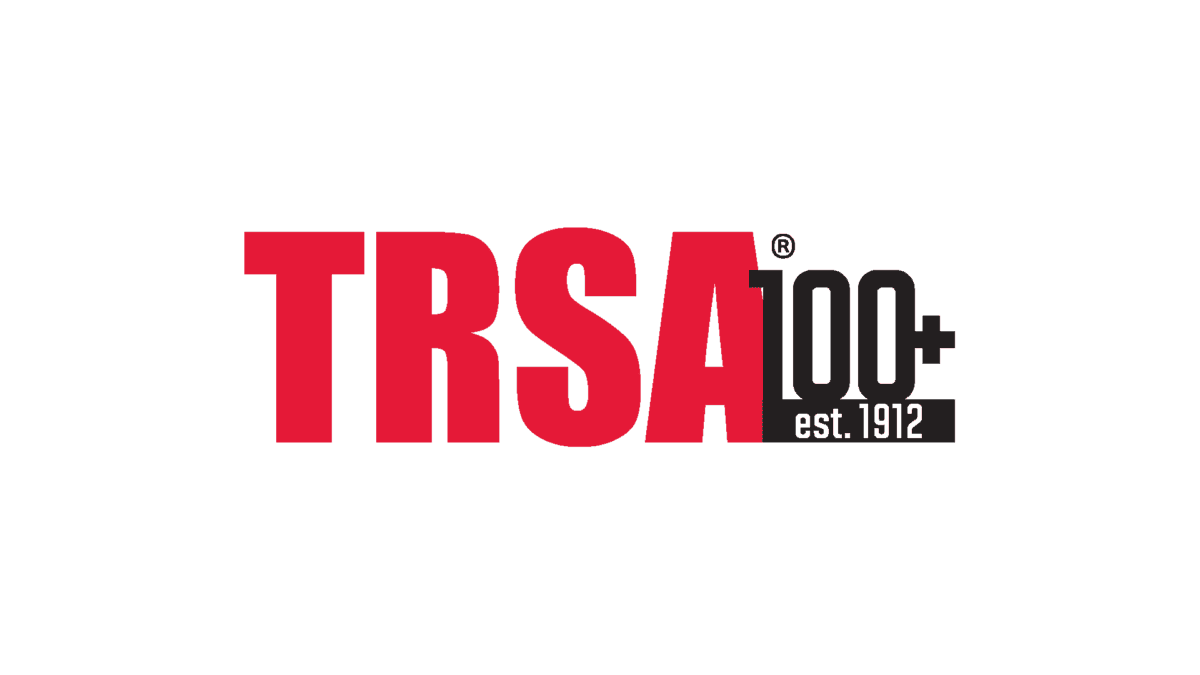Evidence abounded on April 11 that advocacy has strengthened TRSA’s efforts to facilitate greater use of reusable healthcare PPE garments and to open our industry’s access to federal funding for PFAS pretreatment. TRSA members visiting Capitol Hill emerged from their 118 meetings in congressional offices confident that their collective dialogue resonated with policymakers.
Conducting these meetings on the second day of TRSA’s 14th Annual Legislative Conference, the Hill Day participants asked for legislators’ diligence on these issues as regulatory activity moves forward. Both matters are on federal agencies’ radar. The TRSA contingent encouraged House and Senate members to act individually and remain vigilant for opportunities to join collectives of such representatives that may form to support our industry’s stands.
Uniting members of Congress to advance the reusable PPE agenda has already created some momentum. At the 2023 TRSA Legislative Conference, TRSA members focused on encouraging them to sign a letter urging the U.S. Department of Health and Human Services (HHS) to study the benefits of these reusables and find ways to increase their use. Thirteen representatives added their name to the letter, which was sent in June.
In November 2023, the U.S. Centers for Disease Control and Prevention (CDC, an HHS agency) responded, noting that its National Institute for Occupational Safety and Health (NIOSH) is “dedicated to addressing all issues concerning PPE, including opportunities for supporting and sustaining the increased use of reusable PPE in healthcare settings.” NIOSH has since initiated research on the matter, including commissioning the National Academies of Sciences, Engineering and Medicine (NAS) to host a March 4-5 virtual public workshop to examine opportunities to increase such use. TRSA members participated in the workshop.
At this year’s Hill Day, the TRSA contingent asked Congress to support increasing the operating threshold of reusable textile PPE to a minimum of 50 percent of healthcare facilities’ inventory. Currently, reusables comprise an estimated 10 percent of the U.S. market. Increasing that figure would improve environmental protection, cost savings, supply chain security and worker and patient safety.
Some types of PFAS – chemicals found in a wide variety of consumer and industrial uses – have been linked to adverse health conditions. This has prompted concerns, such as federal standards released April 10 for their content in drinking water, that regulatory mandates for removing them from wastewater will result in onerous PFAS discharge limits to sewers nationwide.
Fabric manufacturers are finding PFAS substitutes for garments that now use PFAS to provide barrier properties (for infection control and fluid resistance, for example). Depending on how quickly substitutes can be developed and used, and what types of PFAS are regulated, a typical linen/uniform laundry may need to invest in the high-six-figure range for pretreatment equipment.
The federal Bipartisan Infrastructure Law (BIL) passed last year allocated $10 billion to EPA to remove PFAS and other emerging contaminants. Congress can establish financial incentives, such as tax credits or grants, to help businesses offset the costs associated with implementing wastewater filtration of PFAS. On Hill Day, TRSA asked policymakers to contact EPA to request that they allocate BIL funds to make such incentives available to our industry.
Sign Up For Our Newsletter
Receive the latest updates on the linen, uniform and facility services industry from TRSA delivered straight to your inbox.








